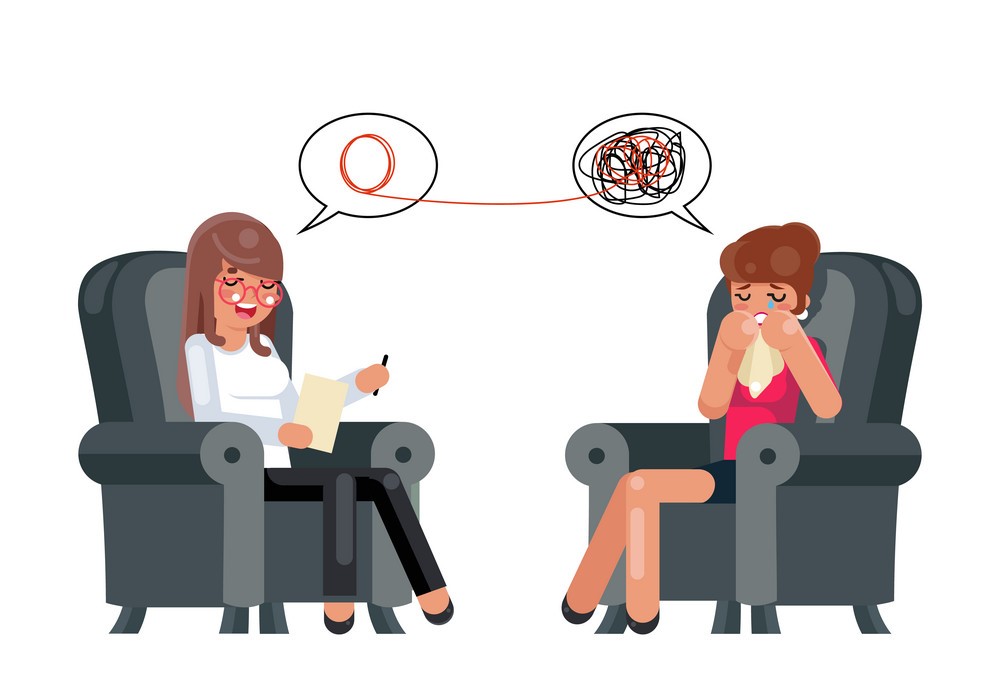
If you do find that you are struggling with mental health issues or are feeling as though you can’t cope with life, what do you do? And where do you turn? This month, I’ve connected with some mental health practitioners to provide guidance as to what the different mental health practitioners do, to guide those of us seeking therapeutic help and guidance.
Interview with a Clinical Psychologist:
What does a psychologist do?
You get different kinds, but it depends on registration category. As a clinical psychologist, I am trained to treat and diagnose all clinical disorders, but also to help people through all hurt and pain.
What is the difference between a psychologist and a psychiatrist?
A Psychiatrist is a medical doctor and manages mental disorders with medication.
A Psychologist is a mental health professional, but not medical doctor. We can diagnose, but cannot prescribe medication, so a treatment plan involves psycho-therapeutic methods. Including behaviour techniques for clients. But more importantly helping clients heal through a supportive and caring relationship.
How do I know I need to see a psychologist?
As a necessity, things to look out for are suicidal thoughts and feelings, but also a struggle to live, where you are struggling to feel joy and the need to connect with others.
If ever you feel you need some kind of support, you can see psychologist. There are many of us who don’t have adequate support in their lives, and a psychologist can help provide that and help them build that into their lives.
Advice on finding a psychologist
My experience as a client and a therapist, is that race and culture matters. So I would recommend, that you seek out someone that you think would have sufficient lived experience that they could understand your context. Besides that, someone who is referred by a mental health professional is a good bet. And I would encourage you to look at people’s website, social media, to get a sense of the psychologist and their areas of interest.
Other types of psychologists
Counselling – They are not trained in diagnosing severe mental illness, but are able to offer psychological support and treatment for less severe emotional struggles.
Educational – They are involved in conducting psycho-educational assessments, diagnosing barriers to learning and helping to provide practical support and treatment plans for these learning barriers.
Neuropsychologist – They look at the impact of brain trauma on neuropsychological functioning.
Research psychologist – They conduct social science research in the area of social psychology in particular.
Other mental health professionals
Registered counsellors – They are not able to diagnose, but they are able to offer psychological and emotional support, to those suffering with less sever mental health concerns.
Clinical social workers – They are well trained in family and child work.
What is the therapeutic process like
Initially, the therapist needs to gain an understanding of why the client is struggling at this particular time, with these particular issues, given the unique path they’ve walked in life. The therapist is able to gain an understanding of the challenges they have, and what might be helpful in order to help them overcome these.
Anything else?
Prevention is better than cure, and while it might seem as though it is unnecessary, or even over pathologizing a situation to seek out therapy, if addressed early, things need a lot less therapy, and result in less emotional trouble. Even if one or two sessions can rule out what is causing trouble, it is better than leaving things ferment and causing other trouble.

Reblogged this on MAG's Blog and commented:
A glance into Psychotherapy – no need to fear seeing a therapist
LikeLike
Thanks for this post Leila. Africans are still resisting going to a therapist and yet we keep struggling and struggling.
LikeLike